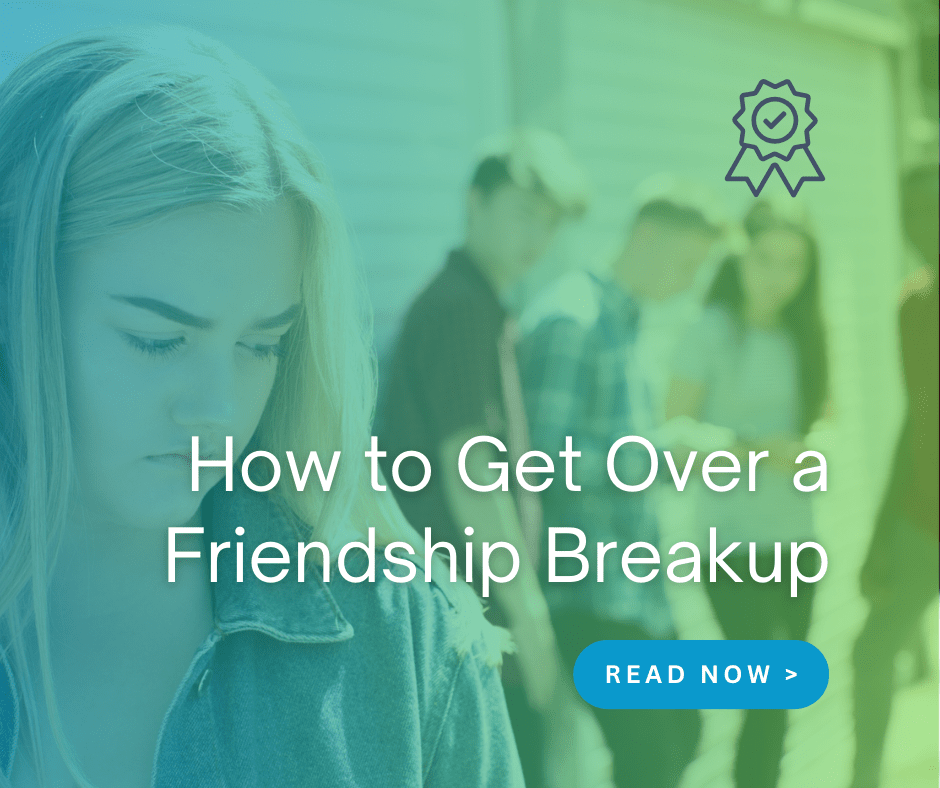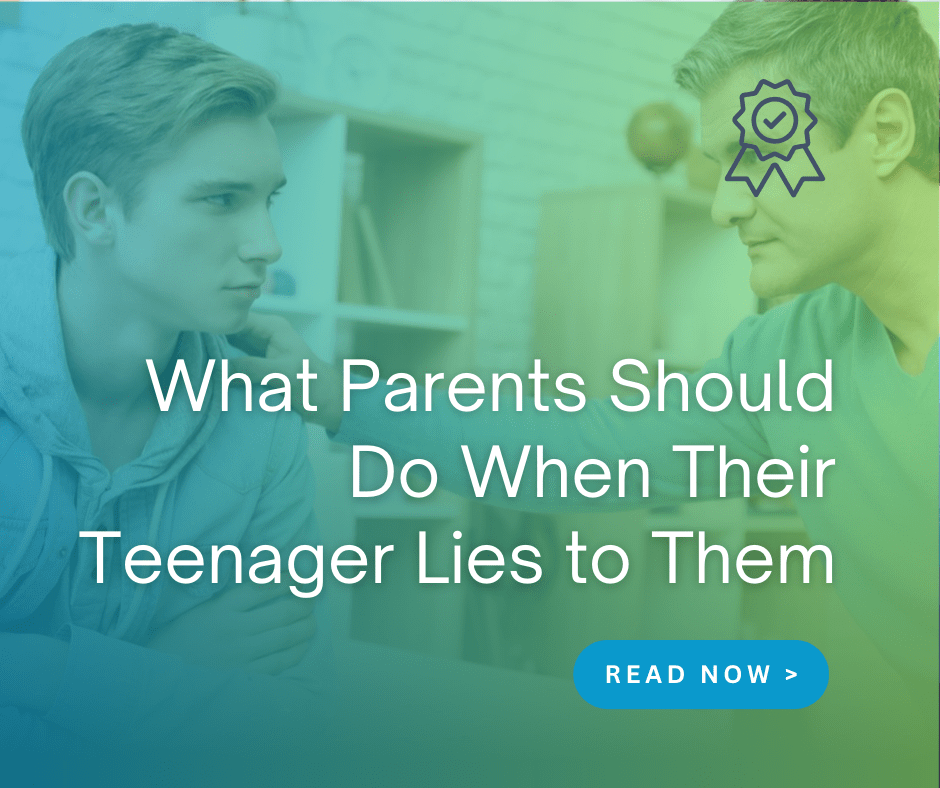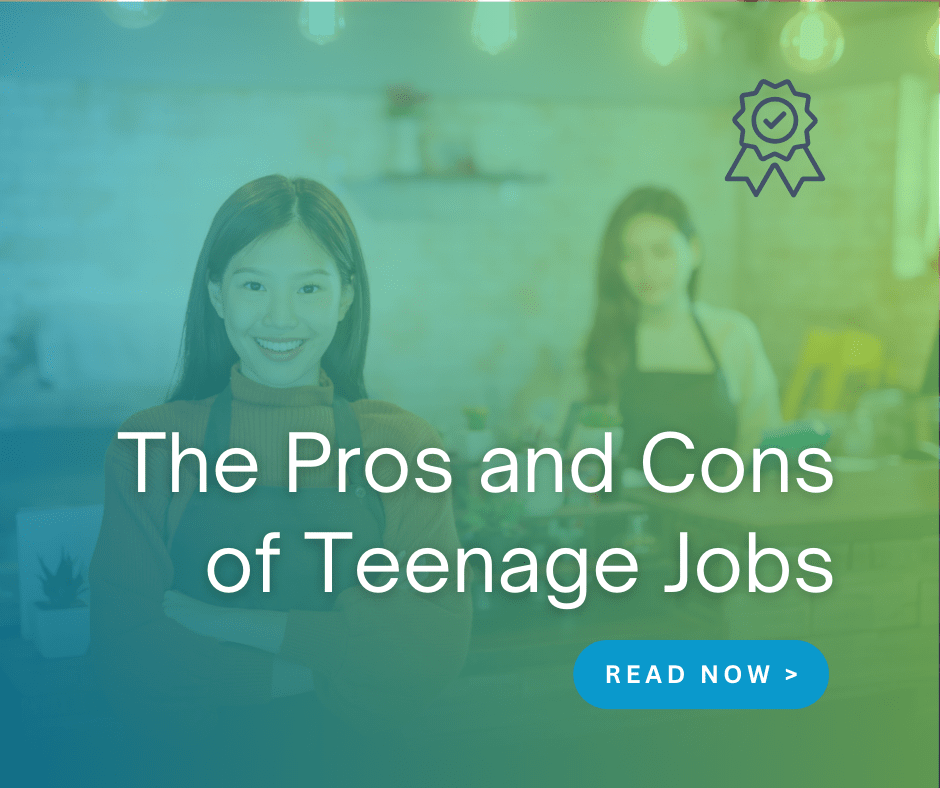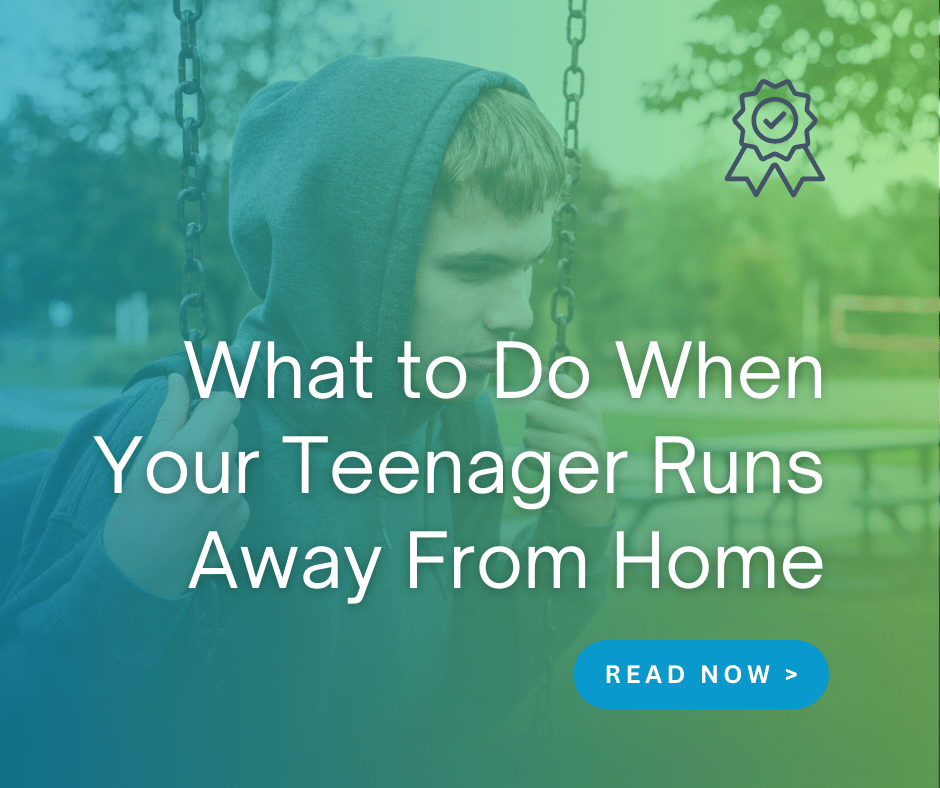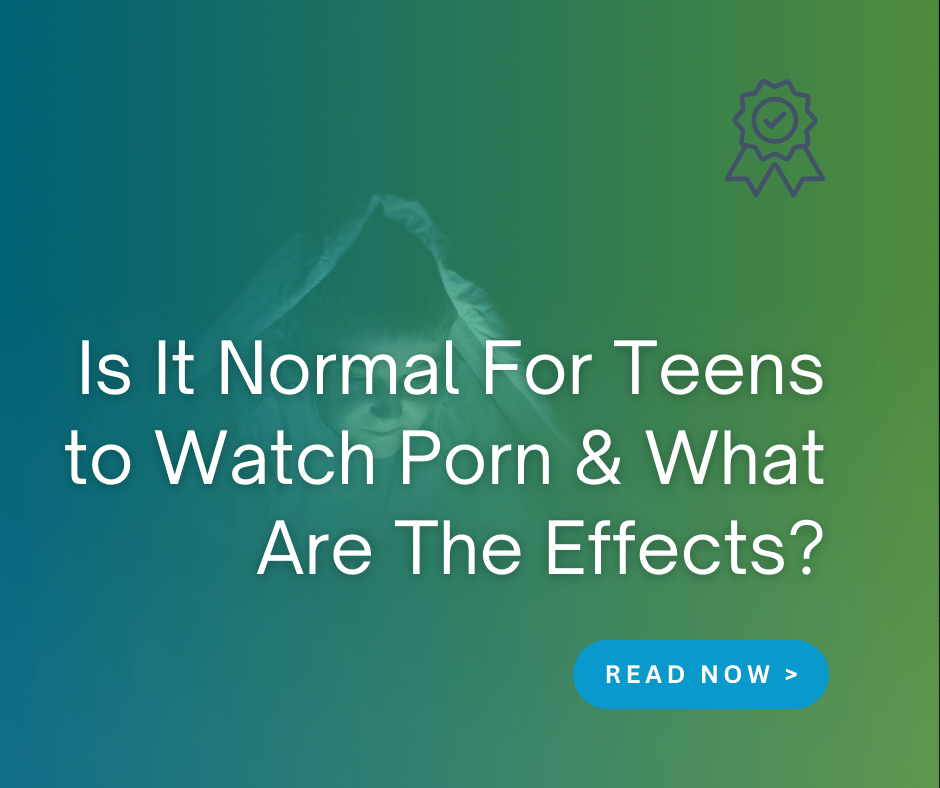While researching ideas for articles to share with you for Halloween, we came across something that hadn’t occurred to us: the fact that many Halloween costumes reinforce negative stigma attached to mental illness. An article in Psychology Today points out that some of the most respected and widely-read news outlets in the nation, including the Washington Post and the New York Times, have run articles on this very topic.
They’re not the only ones: the National Alliance on Mental Illness published a piece last year called “You Can be Scary This Halloween Without Perpetuating Stigma.”
Counterproductive Messages
If you don’t yet grasp what we’re talking about, think for a moment about the costumes you find when you search Amazon, or the names of seasonal haunted houses that pop-up around town this time of year.
Here’s a quick sample of common costumes:
- Straightjackets
- Insane Asylum Inmate Costumes
- Psychopath Costumes for Children
- Blood-covered Hospital Gowns
- Psych Ward Killer Clown Costumes
All in good fun, right?
And haunted house names like “The Psycho Path” and “The Unsane Asylum” do the same thing: they make light of mental illnesses that, for some people, are legitimately scary. Not in the horror movie way, but in the real, every day way. It’s hard to get a diagnosis that’s going to affect the rest of your life. For many, it’s frightening to realize they’ll have to deal with their symptoms every day – indefinitely – and their mental illness is something to be managed, not cured.
But – they know these are all just jokes, right?
And we’re being way too sensitive. The politically correct police can’t even leave Halloween alone. First Christmas, now Halloween.
Can’t people just laugh at themselves anymore?
Sure they can – and we can, too.
But.
We’d like to point out that in the past, lots of damaging stereotypes were perpetuated by jokes that, at the time, everyone considered to be all in good fun. Think racism, sexism, xenophobia, religious intolerance: you name it, there was a joke for it. And perfectly good, intelligent people thought nothing of telling them – until shifts in our cultural norms taught us how much damage jokes can cause, and how advancing stereotypes in the name of a quick laugh was part of the problem.
Changing the Culture
The same thing happens every year at Halloween: we paint mental illness as a scary, menacing phenomenon. We call people psycho-killers and spend millions on movies featuring escaped mental patients going on murderous rampages. We throw on the costumes mentioned above and go to parties and get positive reactions.
It’s all just part of Halloween.
Granted, we may be taking this too seriously. The Washington Post and The New York Times may just be writing clickbait headlines so stir up controversy – but we don’t think so. We think they’re on to something. If you want to read a longer article that drives the point home in a no-nonsense way, check this piece in The Guardian.
They totally nail it.
And when you’re planning your Halloween costumes this year, we encourage you to consider the words of Joe Pierre, MD, author of the piece in Psychology Today:
“Mental illness is not an amusement park ride, a horror move, or a Halloween costume. Don’t dress your child up in a straightjacket, and don’t wear one yourself.”







